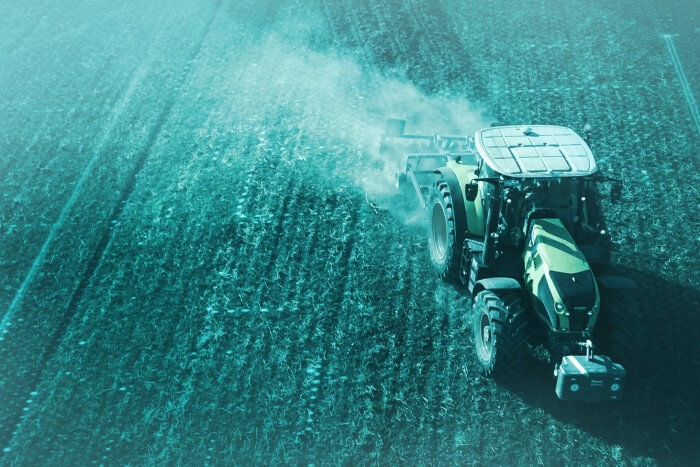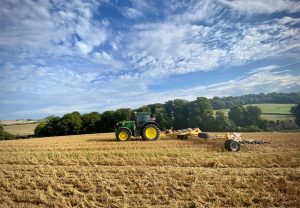Tractors vs. threat actors: How to hack a farm
Forget pests for a minute. Modern farms also face another – and more insidious – breed of threat.
While I was in the UK police force and part of the National Cyber Crime Unit in 2018, I was asked to give a talk on cybersecurity at a National Farmers’ Union (NFU) meeting in southern England. Right after I started my talk, one farmer immediately raised his hand and told me that his cows had recently “been hacked”. Baffled and amused, I was instantly hooked and wanted to know more about his story.
He went on to tell me that his farm was relatively high tech and that his cows were hooked up to an online milking machine. Once, when he had clicked on a malicious email attachment, his computer network went down and he realized that without the network he had no way of knowing which cow had been milked or which cow needed milking next, causing major panic and stress – and quite possibly not just for him.
Making things worse, it wasn’t just his cows that had been attacked, according to the farmer. All the farm’s online accounts had also been compromised and, therefore, his tractors had been taken offline, leaving him with no information on which of his fields had been cropped or still needed cropping, as the tractor usually plans out the routes via his online accounts.
Caught in the crosshairs
Indeed, farming is nowhere near like it used to be. The increased use of email, online monitoring tools, remote controls, and payment systems – as well as automated smart farming equipment such as internet-connected tractors – means that the digital threat level is rapidly increasing for farmers and rural communities.
Few of us give this much thought, but some farms are very high tech and I personally am immensely impressed by the technology used in agriculture. However, this equally attracts threats far worse than slugs and crows. Put simply, farmers all over world are now experiencing the same cyberthreat level as other industries.
A University of Cambridge report recently said that smart farming technology such as…



